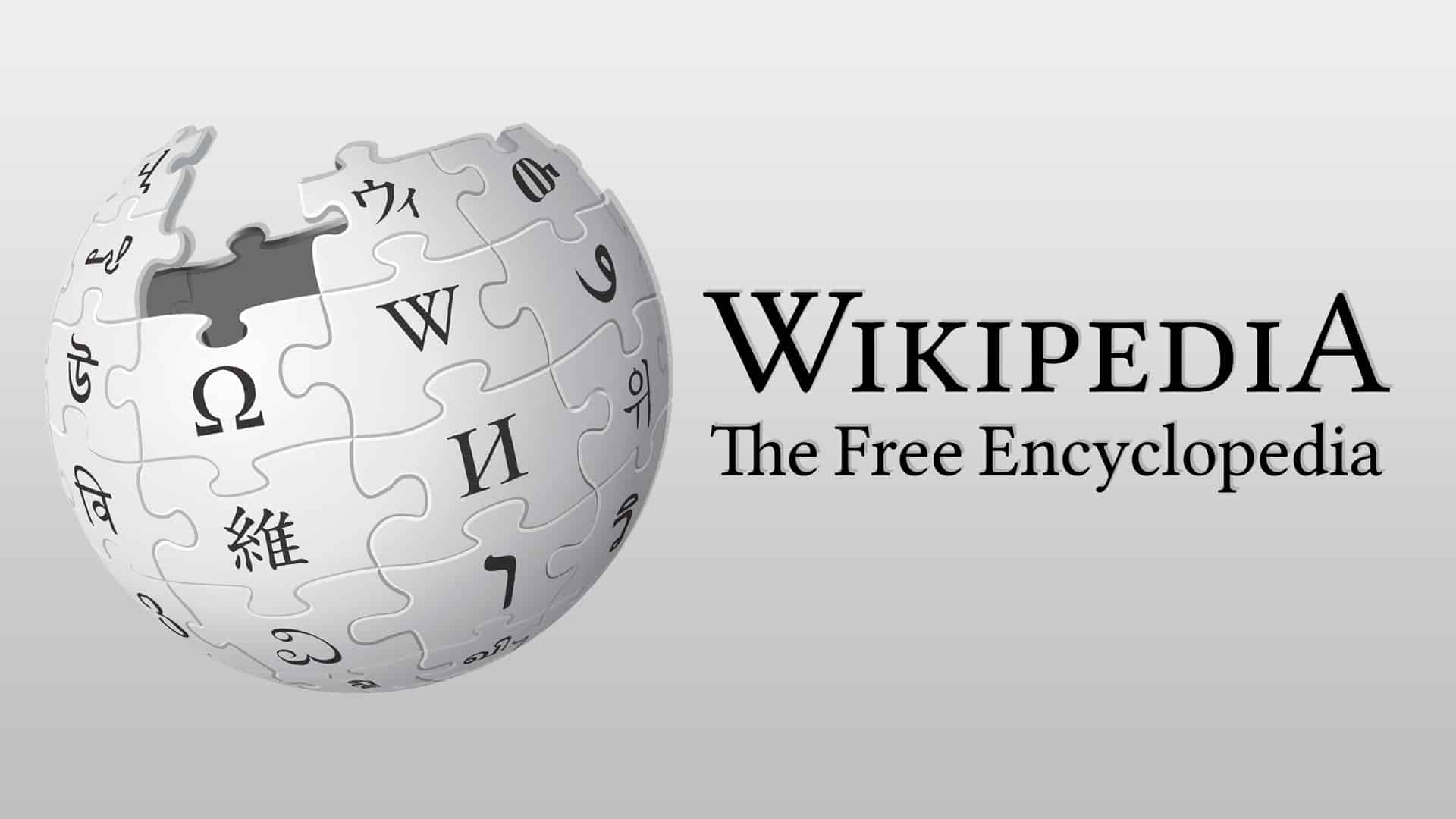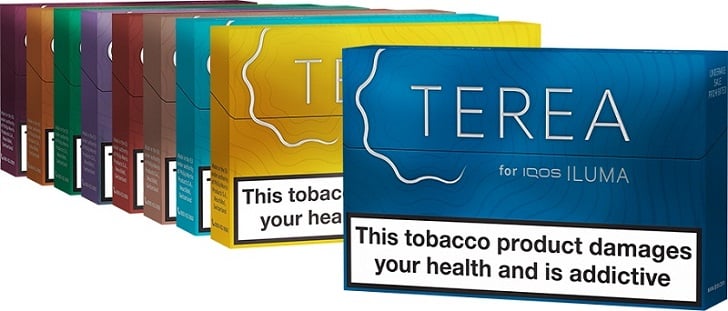
Everyone’s familiar with Wikipedia – “the encyclopedia that anyone can edit”. It sounds like a great idea, doesn’t it? A vast, sprawling reference work that everyone in the world can add their knowledge to, with administrators and fact-checking mechanisms to make sure nobody’s contaminating it with nonsense. In theory at least, it should end up containing all the open-source information in the world and be constantly checked for accuracy by thousands of dedicated users.
The trouble is that’s not exactly how it works. If the topic of an article isn’t controversial, Wikipedia is generally pretty reliable. Apart from the odd intentional vandalism or clumsy editing by a well-meaning newcomer, both of which usually get removed pretty quickly, articles about places, objects or anything else straightforward tend to be accurate and informative. I do research every day and I regularly use Wikipedia; the articles themselves give a good overview, and there’s a handy list of references at the bottom so you can dig deeper and verify facts.
Where it gets complicated is when you start dealing with any subject that’s at all controversial. That’s when special interests slither out of the woodwork, whether it’s creationists, IRA supporters or political extremists, and start gaming Wikipedia’s tortuous rules to push their point of view.
The whole idea of Wikipedia is that everyone can edit, but in practice that’s not how it works. Apart from a few basic principles the rules for resolving disagreements are made by committee, and we all know the sort of person who likes to join unpaid committees. Unsurprisingly there’s now a mass of rules, guidelines, essays and procedures that would take a lifetime to read, so of course nobody reads them. That means nobody understands them except a hard core of dedicated fanatics, and this brings us neatly to the subject of tobacco harm reduction.
Meet the Medics
I used to be a pretty active Wikipedia editor, until I got banned a couple of years ago. Officially I got banned because I was paid to edit an article, but this isn’t actually against Wikipedia’s rules. The real reason was that I upset the key people in Wikiproject Medicine, a group that’s supposedly responsible for ensuring the accuracy of medical articles on Wikipedia. Because e-cigarettes can potentially have an impact on health, WikiMed has ruled that any articles on them have to obey the stringent rules they’ve created for medical content, and who gets to decide whether they obey those rules or not? Wikiproject Medicine, of course!
This is where the problems begin, because all the leading figures in WikiMed are fanatical opponents of tobacco harm reduction. The project is led by “Doc James” – Dr James Heilman – a socially inept GP from the wilds of rural Canada. Heilman is notable for his poor grasp of logic, even poorer grasp of the English language and a stubborn inability to admit that he might ever be wrong about anything. We’re talking about a guy who thought “A cup of coffee is drug” was a winning argument. Heilman is a complete idiot.
And, like any complete idiot who finds himself in charge of a committee, he’s assembled a collection of even worse idiots to help him out. There’s a Norwegian medical student who can’t spell “cigarette” – I am not making this up – and a few other people who’ve only escaped having personality disorders because they don’t have personalities. However the worst of the lot, by a long way, is the individual known as QuackGuru.
I don’t know what, if any, medical expertise QuackGuru has. He seems to have started on Wikipedia as an opponent of “alternative medicines,” an objective that I’m fine with, but somewhere along the way he became Doc James’s most devoted follower and, just to round off his uselessness, an anti-vaping zealot. On top of that he’s terrible at actually editing. His logic and English are both even worse than Heilman’s, and he has a maddening habit of just repeating the same obviously wrong statements over and over again. He also violates Wikipedia’s rules with monotonous regularity, and although he does get the occasional short suspension – usually just from specific topics – Heilman’s influence has protected him from the permanent ban he richly deserves.
A couple of years ago, until I was banned, I and a few others fought a long battle against the WikiMed clique to try to add some semblance of reality to the article on electronic cigarettes. This is unrelentingly negative; at one point a single paper by notorious Californian aircraft mechanic Stanton Glantz was referenced more than all the other sources put together. QuackGuru was a major source of the problems on the page, blindly applying simplistic definitions of Wiki rules to exclude any references that were positive about vaping. In the end even Heilman couldn’t protect him anymore, and he was banned from editing the page for a few months, but by that time most of the pro-vaping editors had been banned or given up in disgust.
Now it’s all happening again at the Heat not Burn page. Nobody in their right mind would say that an iQOS is a medical device, but WikiMed have claimed authority over it on the basis that it can have health effects. Well, so can a bunch of other things WikiMed doesn’t bother with – guns, for example, or cars. Both of these kill a lot more people every year than heated tobacco ever will, but for some reason they’re not seen as medical subjects. Vaping and HnB are still just about niche enough that Heilman and his little bunch of cranks can take over, though, and that’s exactly what they’ve done.
Looking at the edit history for the HnB page, two names dominate the list – Doc James and, even more so, QuackGuru. For example, on 2 February there were eight edits made to the page; one by Doc James, one by a bot and six by Quack. Out of the last 50 edits, Quack as made 21 – often in rapid strings of minor edits, aimed at correcting the one before but actually making things worse with every attempt.
The Idiots’ Playground
About the only good thing about Quack’s atrocious sentence structure is that it obscures some of the terrible information in the article itself. The lead section says “There is no reliable evidence that (HnB) products are any less harmful than other cigarettes,” so I was already boiling with rage by the second line of the article – because HnB products are not cigarettes (got that yet, Vic?).
The first section in the body of the article is called “Health Effects”, and in the best WikiMed tradition it starts with an ad hominem smear attack on anyone who disagrees with Doc James – “Claims of lowered risk or health benefits for heat-not-burn tobacco products are based on industry-funded research”. Well so what? Why does it matter who funded the research? What matters is that it’s been peer-reviewed (it has) and the experimental methods and analysis have been found to be reliable (they are). Every medicine on the shelf at your local chemist’s was certified as safe thanks to “industry-funded research”, but you never hear anyone complaining about that.
Moving on, another of Quack’s trademarks starts to show up – his touching belief that “a scientist stated” is the same thing as evidence. It doesn’t matter what some Spanish doctor believes; what matters is what the research shows, and all the research on Heat not Burn shows that users are exposed to vastly lower levels of toxic substances. The first rule of toxicology is “the dose makes the poison”, so reduced exposure to toxins means less risk of harm.
The final section is titled “Regulation”, but as there are few regulations in place for heated tobacco yet WikiMed have padded it with quotes from anti-harm reduction extremists. They even shoehorned in Stan Glantz’s lunatic suggestion that safer tobacco products be banned until tobacco companies stopped selling actual cigarettes. It seems none of these idiots have learned the lessons of Prohibition and what happens when you ban something a significant percentage of your population enjoys. As for Glantz himself, the suggestion that the safer products should be banned has to raise serious questions about his mental health.
Wikipedia can be a great resource, but it’s also a flawed one. The way it’s run creates immense problems for anyone who disagrees with the self-appointed cliques that dominate many areas of the site. Unfortunately tobacco harm reduction is one of those areas, so the world’s most popular encyclopedia is also one of its most dangerous sources of anti-THR propaganda.











